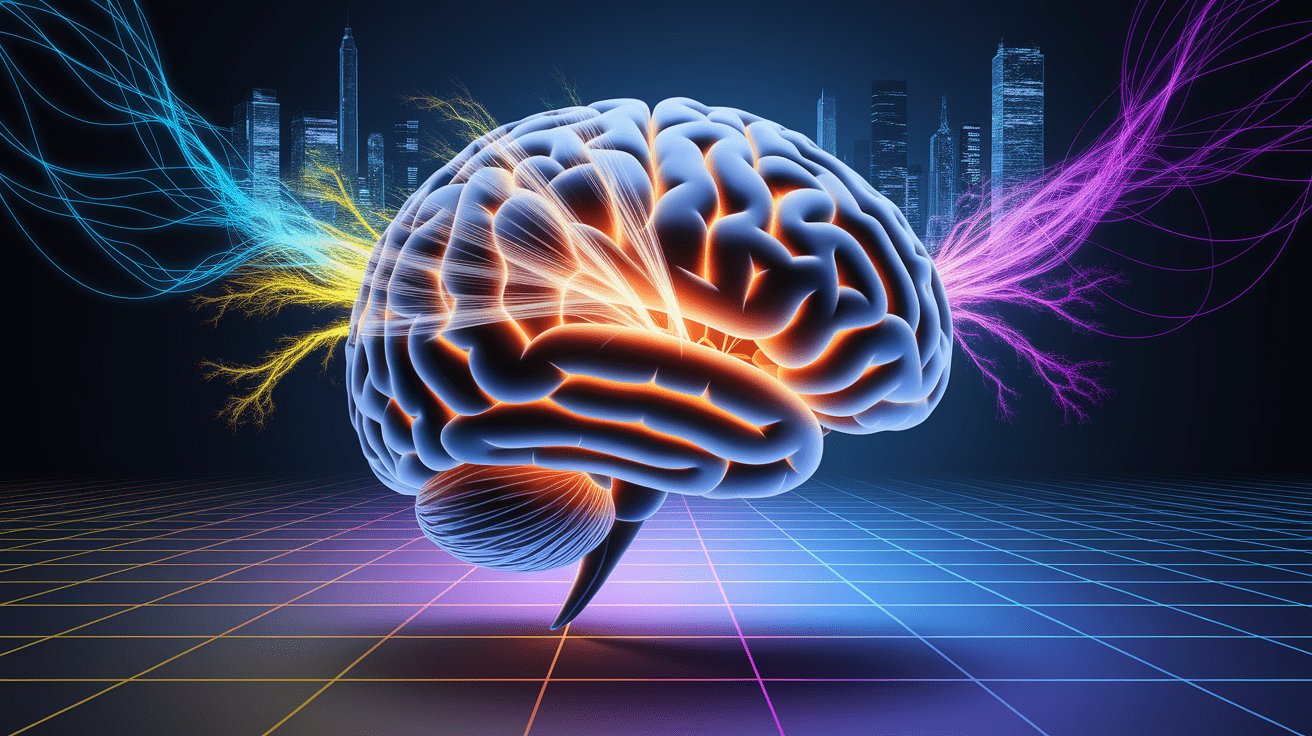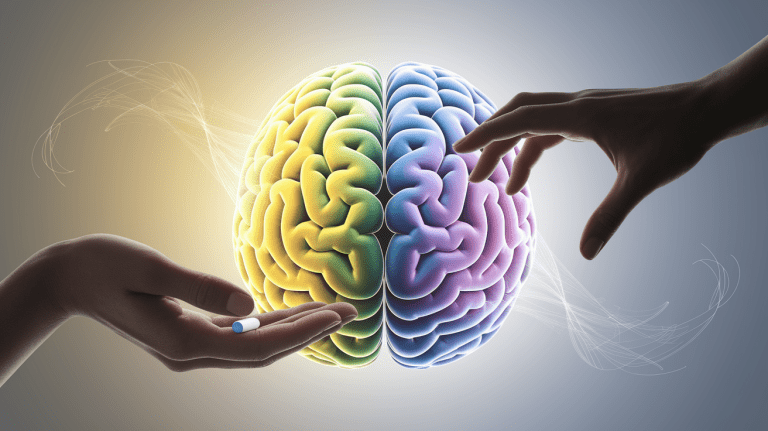Future Self-Continuity Psychology: Connecting Today with Tomorrow
Introduction: Bridging Your Present and Future Self
In psychology, future self-continuity refers to the perceived connection and identity overlap between who we are now and who we imagine ourselves becoming. This is a core construct within self-continuity theory, distinct from general future orientation, as it emphasizes the similarity in self-concept across time. People high in psychological continuity view their future selves as direct extensions of their current identity, while those with low continuity may perceive them as distant or even unfamiliar entities.

Understanding this temporal self-concept offers crucial insights into decision-making, personal identity development, and mental health. As a facet of temporal psychology, it shapes how we interpret our psychological time perspective and whether we act in ways that benefit our long-term goals.
How Future Self-Continuity Shapes Decisions
Future self-continuity strongly influences choices involving trade-offs between immediate and delayed rewards, a phenomenon explored in intertemporal decision-making research. Individuals with a stronger connection to their future self tend to discount future rewards less, meaning they are more willing to sacrifice short-term gains for long-term benefits.

- Financial Planning: Higher continuity is linked to increased saving behavior and reduced impulsive spending.
- Health Maintenance: A strong temporal self-perception drives adherence to preventive health measures.
- Ethical Behavior: Studies, such as those discussed by Hershfield, suggest that future self-relatedness promotes ethical decision-making by integrating the well-being of one’s future identity into present actions.
Furthermore, research on authenticity shows that high future self-continuity strengthens meaning in life through alignment of present behavior with long-term self-concept stability.
The Neuroscience of Your Future Self
Neuroimaging studies reveal that future self-continuity has a tangible neural basis. When people engage in “psychological time travel” and imagine their future selves, certain self-referential brain regions—such as the medial prefrontal cortex—overlap in activation with how they think about their present self. This neural similarity predicts far-sighted decision-making and reduced temporal discounting.

As highlighted in review articles on neurobiological mechanisms, greater neural overlap supports the integration of temporal identity across psychological time. Such findings affirm that future self-continuity is not purely conceptual; it is supported by measurable brain activity patterns associated with self-perception over time.
Comprehensive neuroscience reviews further connect these neural processes to theories of identity stability, reinforcing the link between cognitive mechanisms and behavioral outcomes.
Cultivating a Stronger Future Self-Connection
Developing a deeper future self-connection involves both psychological and practical strategies. Interventions aim to enhance temporal self-awareness, enabling individuals to visualize their long-term identity more vividly.

Evidence-Based Techniques
- Future Self Visualization: Engage in guided imagery exercises to picture your future self in specific settings and roles.
- Written Reflections: Journaling about long-term goals and anticipated challenges strengthens identity continuity.
- Goal Linking: Align current behaviors with clear markers of future self-identification, reinforcing psychological continuity.
Developmental and Cultural Factors
Research reviewed in the developmental and cultural perspectives literature shows that age can influence future self-continuity. Older adults may experience greater continuity due to accumulated identity-defining experiences. Cultural context also shapes this connection: collectivist cultures often emphasize future self-connection within community and family contexts, while individualist cultures focus more on personal achievements.
Age-related studies indicate that life stage plays an important role in shaping temporal identity theory, reinforcing the need for age-specific interventions to enhance continuity.
Conclusion: Carving Tomorrow in Today’s Decisions
Future self-continuity bridges the psychological gap between present actions and long-term outcomes. By strengthening temporal self-perception and cultivating psychological continuity, individuals can make more sustainable decisions that align with their enduring identity. From financial planning to ethical conduct, the ability to see one’s future self as an integrated part of current identity not only improves long-term well-being but also solidifies a coherent life narrative across time.








